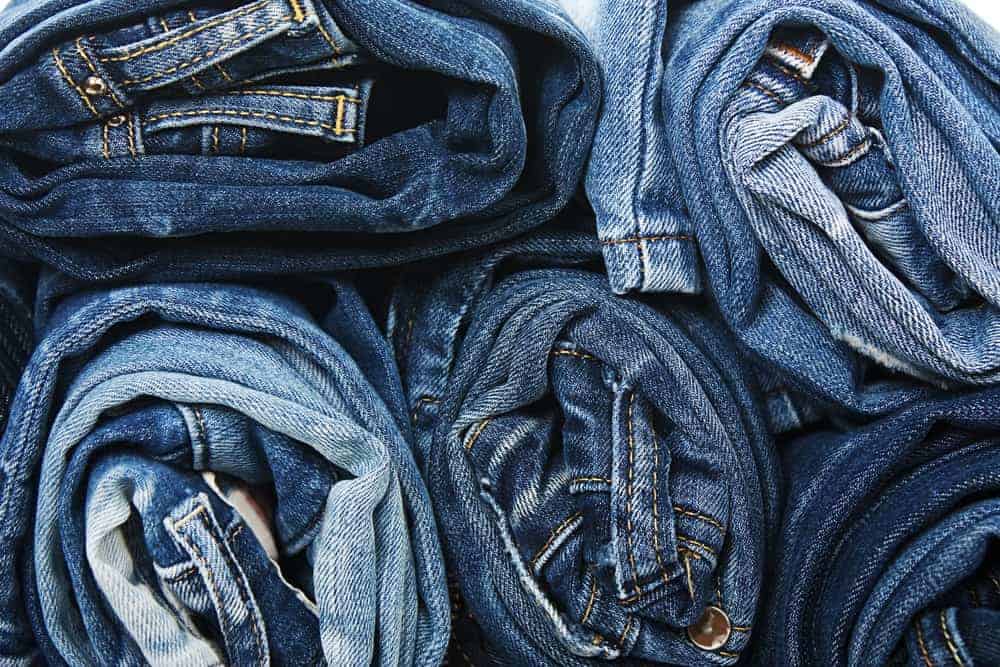What you always wanted to know about textile recycling
78% of textile waste is landfilled or incinerated in Europe. Doubling garment production since 2000, wear time is halved. One single T-Shirt needs about 3,000 litres freshwater. This is about 4 years drinking water per person. Less than 1% of textiles are recycled into new garments. If textile industry does further business as usual it is expected that the share of the global CO² emissions will increase from 2% to 26% in 2050.
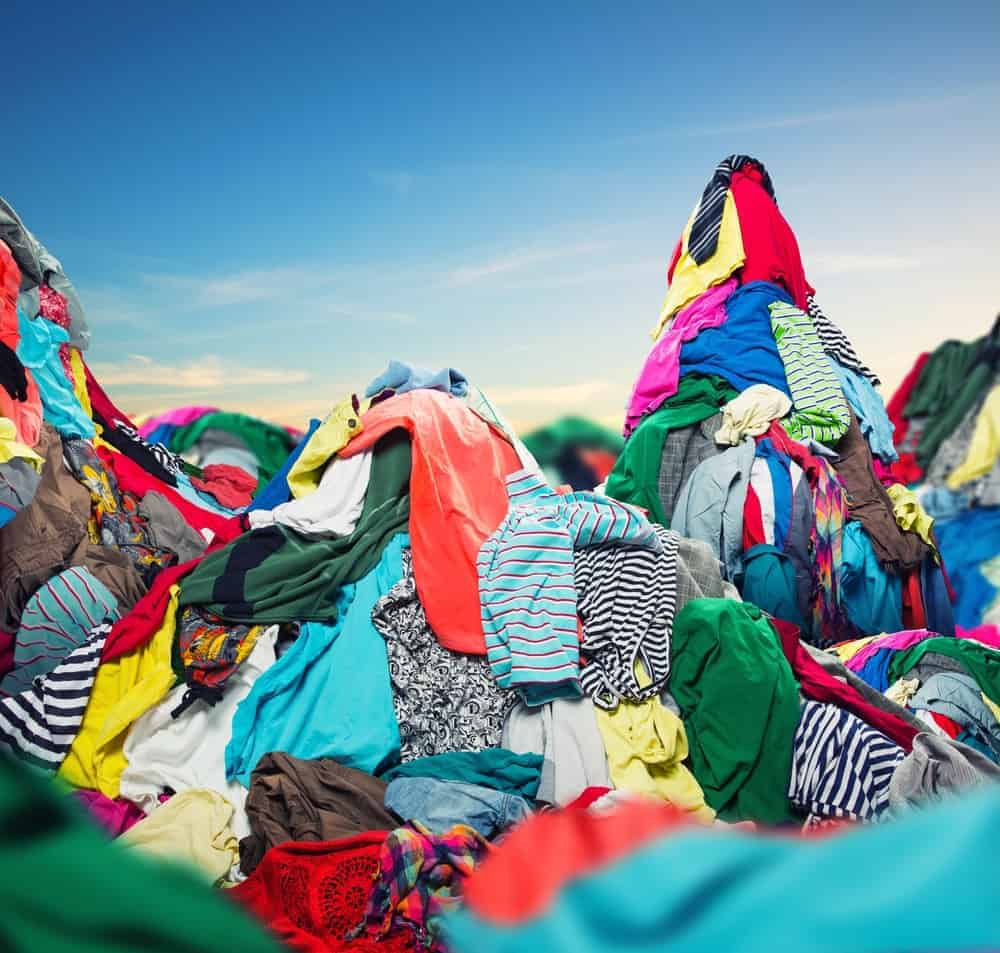
European Textile Strategy
With the publication of the EU Textile Strategy in March 2022, EU Commission announced its vision 2030 for sustainable and recyclable textiles:
- all textile products placed on the EU market are durable, recyclable, mostly made from recycled fibres, do not contain any hazardous substances and are produced with respect for social rights and the environment
- fast fashion is out of fashion; consumers benefit longer from high quality textiles
- Profitable reuse and repair services are widely available
- In a competitive, resilient, and innovative textile sector producers take responsibility for their products along the entire value chain
- Circular than rather throw away clothes have become the norm with sufficient capacities for recycling and minimal incineration and landfilling
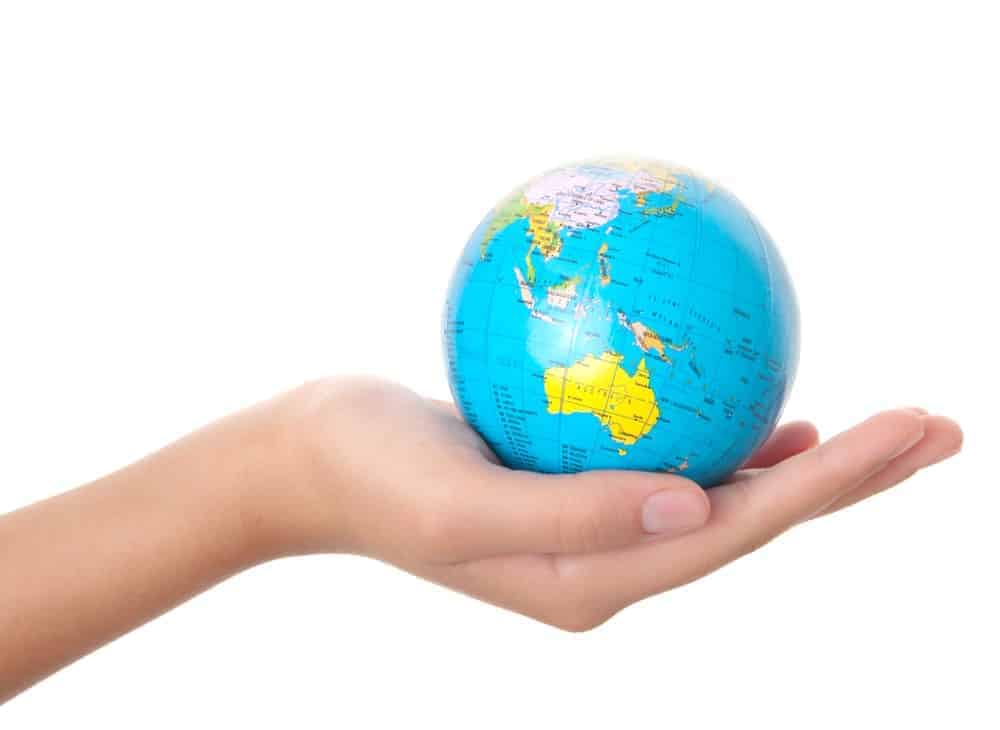
Extended Producer Responsibility
Extended producer responsibility (EPR) is a policy approach where producers are responsible for their products put on the market also after the end of life. In consequence, producers are financially responsible for the collection, sorting, re-use, recycling, or disposal of post-consumer products. As a holistic approach, various areas can be regulated which also affect the production process, such as the design of a sustainable product, the use of recycled fibres and beyond concrete quotas for reuse and recycling, requirements for collection and sorting.
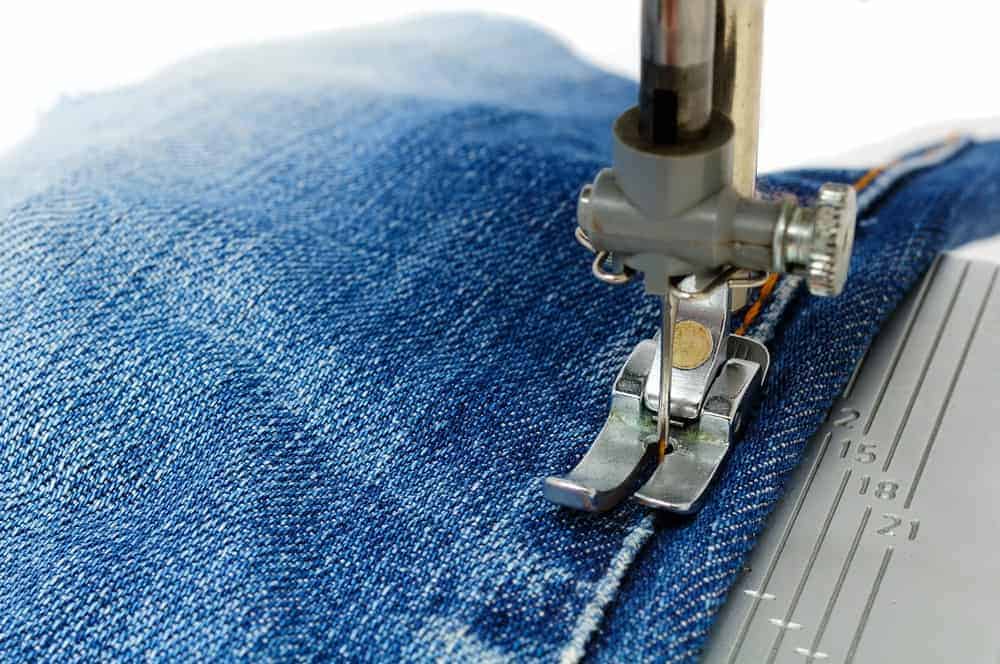
News
Development of possible models of extended producer responsibility for textiles
26. Oktober 2023
October 2023, a study commissoned by the German Federal Environment Agency give insights about possible implementation of future EPR framework
Mandatory Extended Producer Responsibility for Textiles
10. Juli 2023
Revision on Waste Framework Directive focusses on Textile and Food Waste On 5 July 2023, the Commission published its plan
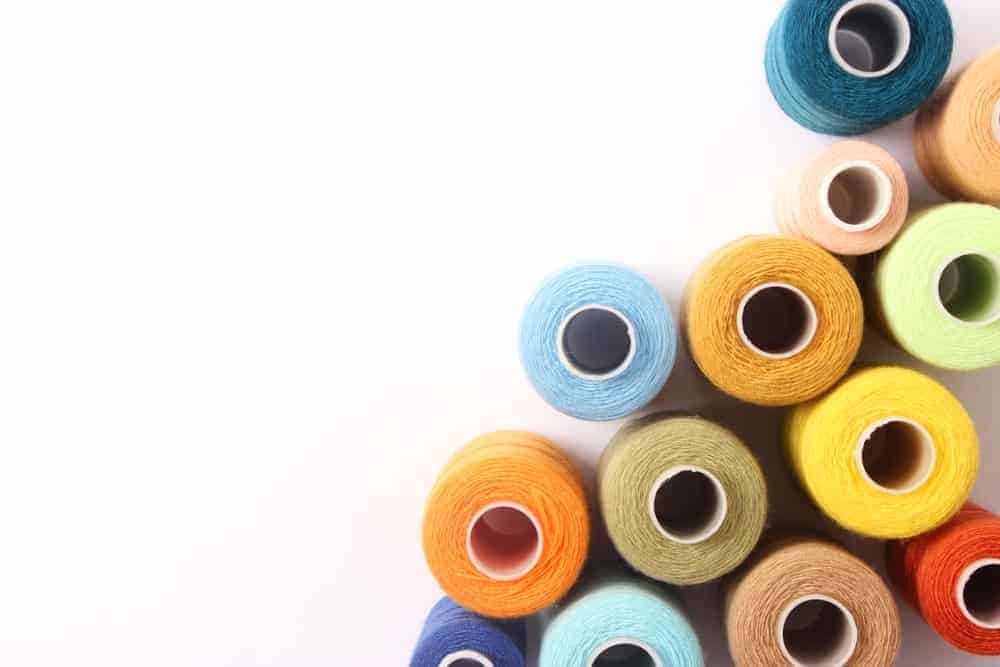
Are you interested in more details on this subject?
Please feel free to contact us. We will get back to you asap.

